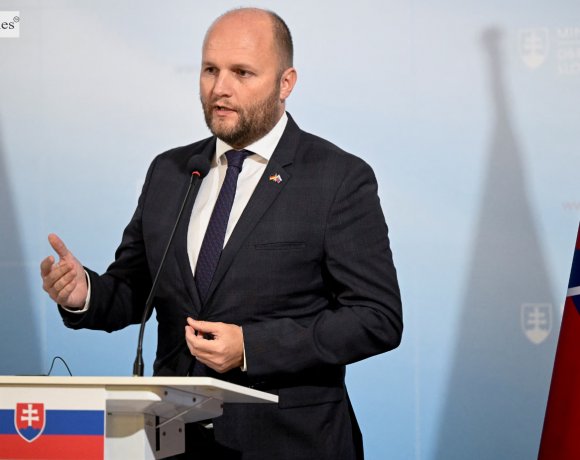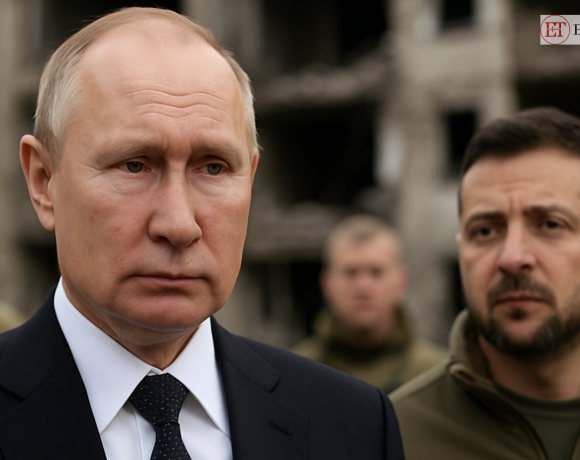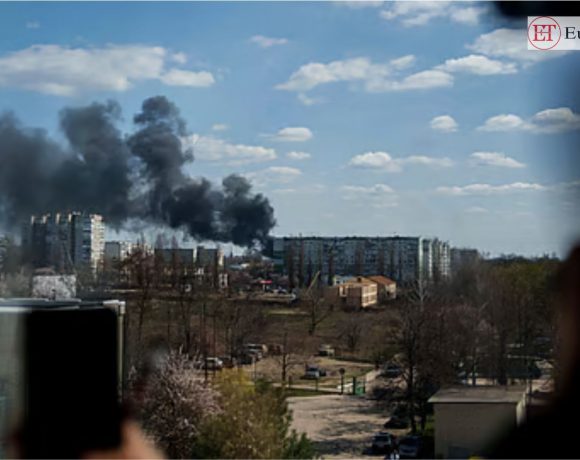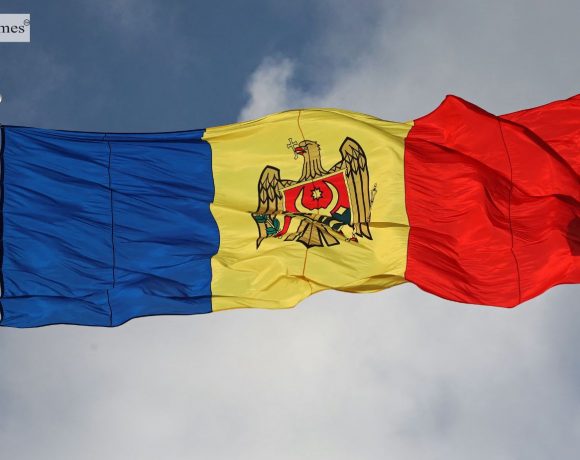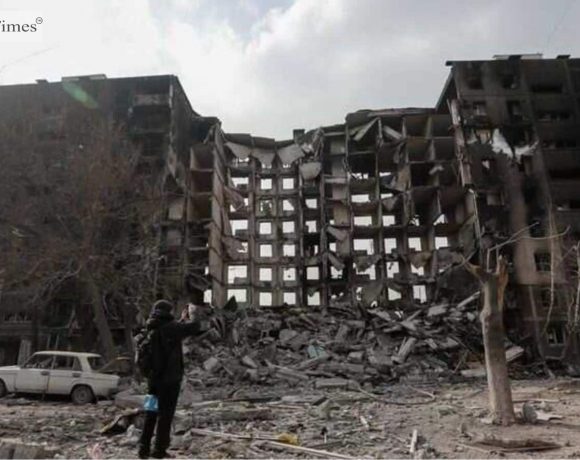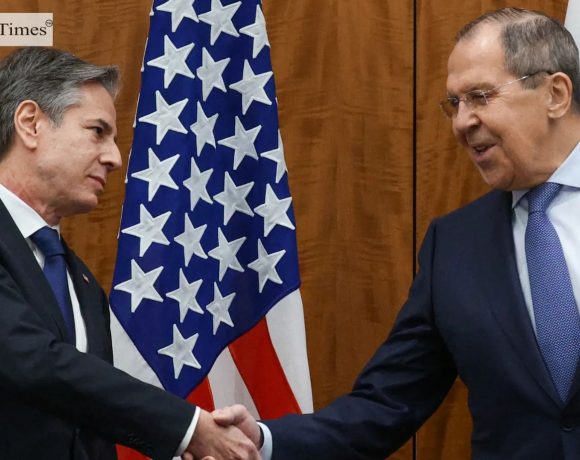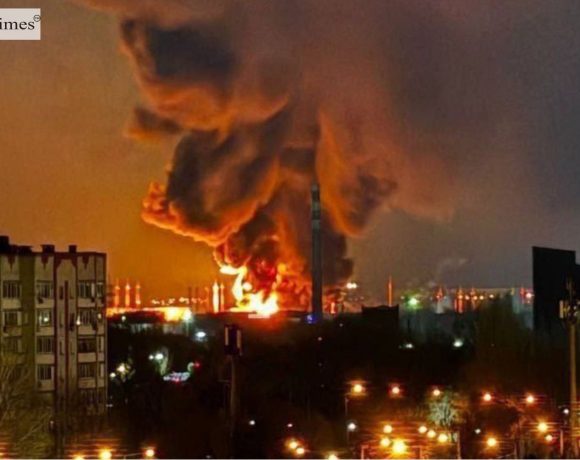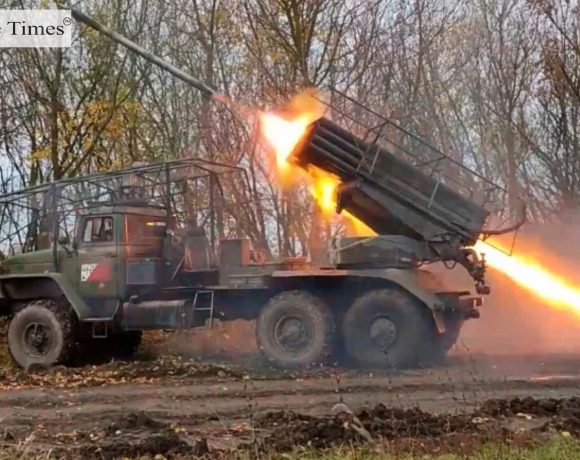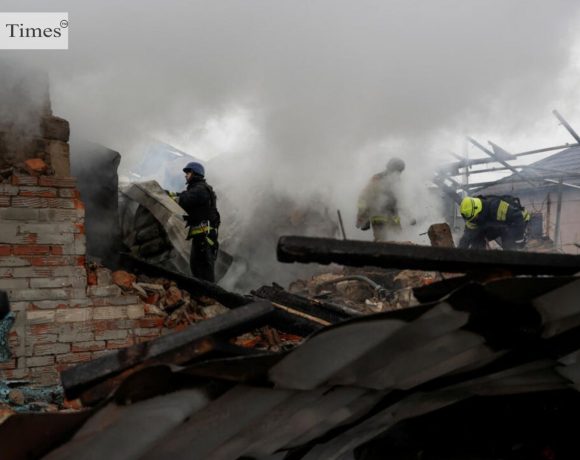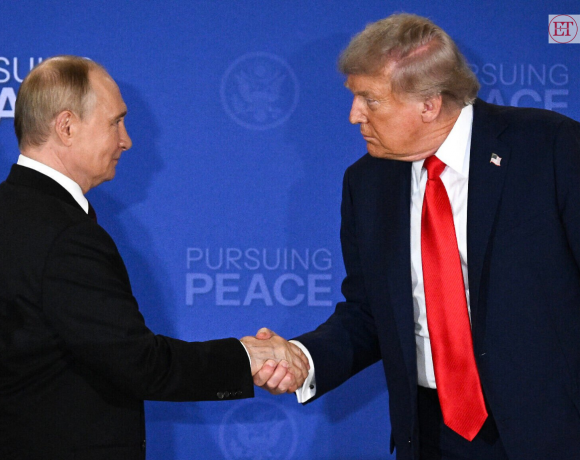
A highly anticipated summit between U.S. President Donald Trump and Russian President Vladimir Putin in Alaska on Friday concluded without any agreement to pause or resolve Moscow’s war in Ukraine. The nearly three-hour meeting, described by both leaders as “productive,” offered few details, and neither leader took questions from the press. Trump, standing before a backdrop reading “Pursuing Peace,” said the talks made “some headway” but acknowledged unresolved issues.
Market watchers and analysts noted that while the summit signaled diplomatic engagement, it produced no concrete commitments. Helima Croft of RBC Capital Markets said the outcome fell short of easing European sanctions, while Carol Schleif of BMO Private Wealth called it “absolutely no news” in terms of market impact. Others, like Comerica’s Eric Teal, highlighted potential opportunities in the energy sector given the absence of new sanctions on Russian oil.
Analysts also emphasized the symbolic significance of the meeting. Eugene Epstein of Moneycorp noted it as a “first step” toward future dialogue, while Tom Di Galoma of Mischler Financial suggested groundwork may have been laid for a potential three-way summit with Ukrainian President Volodymyr Zelenskiy. Still, with no tangible outcome, experts believe the talks will be seen as maintaining the status quo, leaving markets and geopolitics largely unchanged for now.
Pic Courtesy: google/ images are subject to copyright

